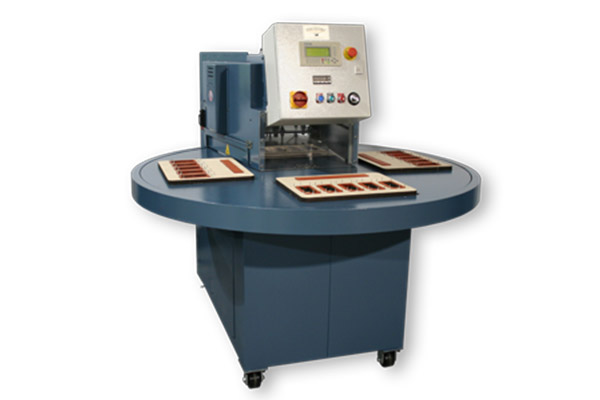

NOTICE:
Followings are seven tips for you to use your blister sealing machine successfully:
Tip 1: Know your blister sealing materials
Different lidding structures require different machine settings (such as seal temperature, dwell time, and pressure), even if the heat-seal layer is identical. For example, unsupported aluminum foil will usually seal faster than paper-backed or child-resistant (CR) structures. That’s because the heat has to travel through the paper, the PET film, and the aluminum foil before it reaches the heat seal.
Tip 2: Equipment: Sealing tools
Good design principles are not only in line, but also simply make sense for everybody who wants to do it right from the start. Sealing dies for solid oral dose drugs, especially those for moisture-sensitive products, should be designed with a minimum of 3-mm area between the product-containing cavities, as well as to the outer edge of the blister, date stamps, or perforations. This will minimize moisture ingress through the side (the cross-section) of the package, and limit the effect of micro-channeling.
Tip 3: Choosing platen vs rotary sealing
Both types of sealing tools have their pros and cons, and should be selected according to the most typical packaging application run at that facility.
Tip 4: Processing conditions
Avoid stress forming in the bottom web. Even though PVC is forgiving when it comes to forming, like all polymers, it has a “memory.” Tip 5: Sealing temperature Whenever possible, seal at lower temperatures in order to minimize heat.
Tip 6: Cooling systems
It is recommended to provide separate cooling for the forming and sealing stations.
Tip 7: Test for leakage
Leak tests can be divided into two groups: destructive and nondestructive. By far the most common and inexpensive destructive blister leakage test is the vacuum test using methylene blue. One downside is that there is no real clear protocol that is accepted across the industry, so the vacuum pressure and time applied varies from one company to another. Another caveat is that micro channeling is not evident.

©Shandong China Coal New Energy Import Export Co., Ltd. © 2017
Address:No. 11, North of Kaiyuan Road, High-tech Zone, Jining City, Shandong Province, China